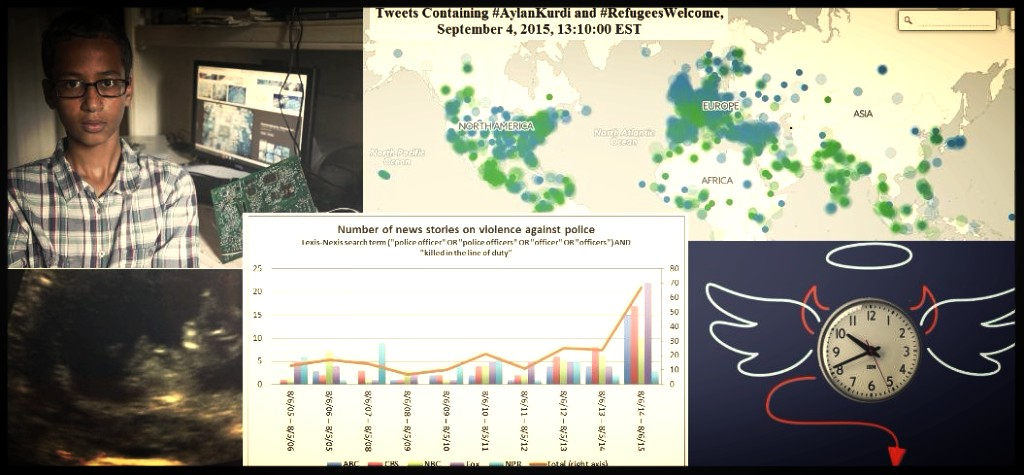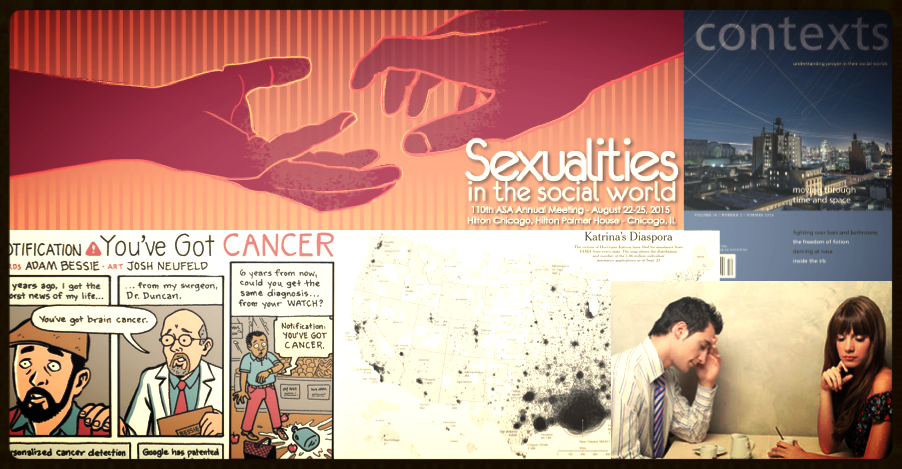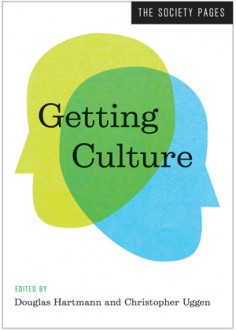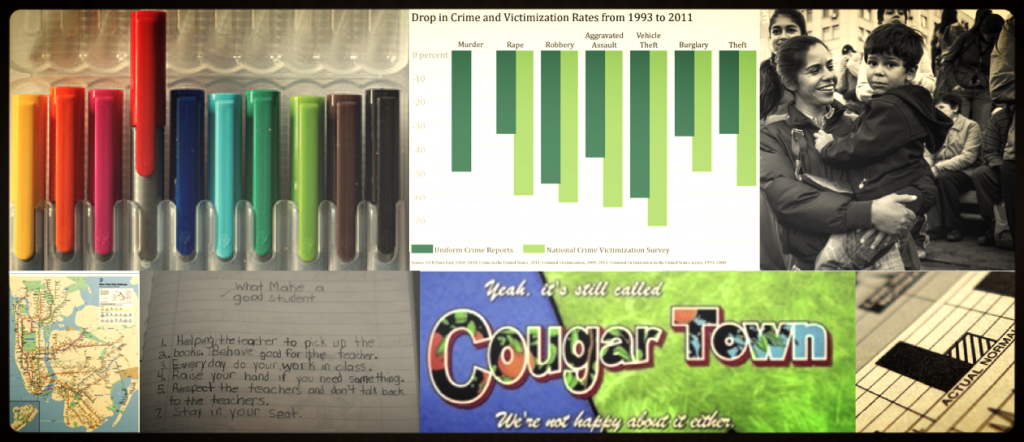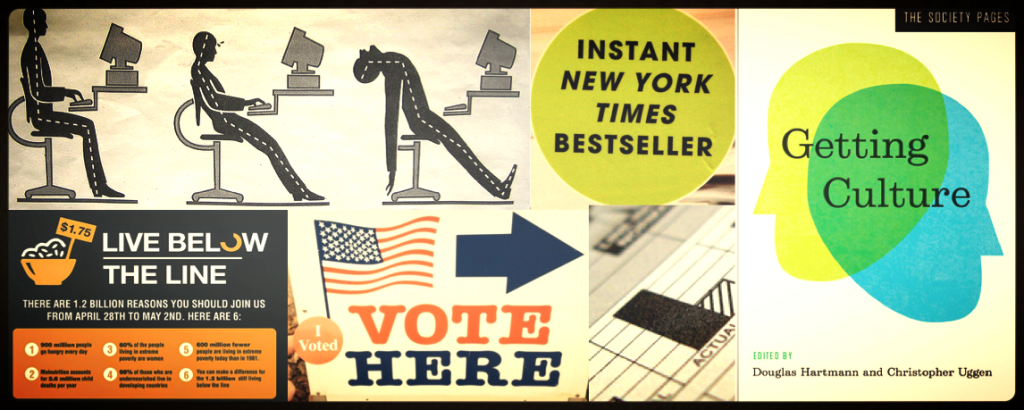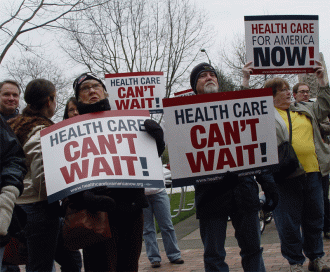
We’ve always wanted to build up our TSP offerings on health and society. So we’re delighted to announce a new health tab, curated by the high-powered team of Caty Taborda and Sarah Catherine Billups. Like our topics pages on crime, politics, gender, race, inequality, and culture, our health tab will pull together in-house content as well as work from our community pages and partners like the Scholars Strategy Network and Council on Contemporary Families.
Since we’re just getting rolling, it is a perfect time to pitch us with ideas for feature articles, roundtables, or podcast interviews on health and medicine. Given the vibrancy of scholarship in the area, look for more health and society content on both our main page and an upcoming TSP volume.

